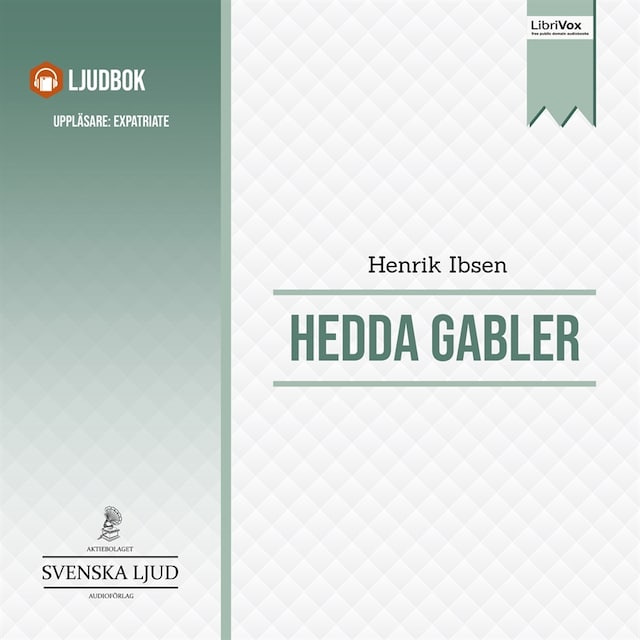
Hedda Gabler
Beskrivelse av boken
One of the four profound plays of Ibsen’s late period (along with “The Master Builder,” “John Gabriel Borkman,” and “When We Dead Awaken”), “Little Eyolf” tells the story of Albert Allmers, a writer who has yearned to leave behind a literary or philosophical legacy of some kind, but who finally decides to invest that yearning in the life of his little handicapped son, Eyolf. Rita Allmers loves her husband so obsessively that she hates any rival for his affection, whether it be Allmer’s literary magnum opus, Little Eyolf himself, or Albert’s strangely devoted sister Asta. Little Eyolf’s tragic death, possibly orchestrated by the eldritch old Rat-Wife, brings about a psychological climax among the three adults, as they reveal to each other deep conflicts of love and hate, complex erotic desires, raw honesty about their emotional emptiness in the face of human tragedy, and the realization that all that really matters to any one of them is Life itself. The famous H. L. Mencken heads a team effort committed to the colloquial, lucid rendition of this alternative translation. Henrik Johan Ibsen was a major 19th-century Norwegian playwright, theatre director, and poet. He is often referred to as "the father of realism" and is one of the founders of Modernism in the theatre. His major works include Brand, Peer Gynt, An Enemy of the People, Emperor and Galilean, A Doll's House, Hedda Gabler, Ghosts, The Wild Duck, Rosmersholm, and The Master Builder. He is the most frequently performed dramatist in the world after Shakespeare, and A Doll's House became the world's most performed play by the early 20th century. Several of his plays were considered scandalous to many of his era, when European theatre was required to model strict morals of family life and propriety. Ibsen's work examined the realities that lay behind many façades, revealing much that was disquieting to many contemporaries. It utilized a critical eye and free inquiry into the conditions of life and issues of morality.



